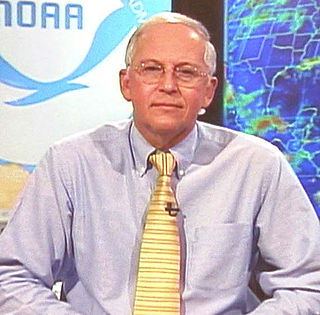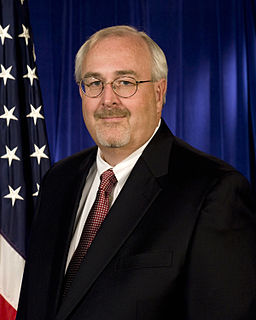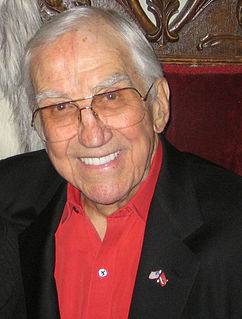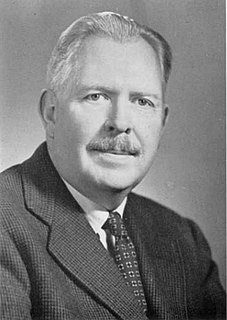A Quote by Max Mayfield
Today's coastal development along with hurricane amnesia places modern man on a collision course with catastrophe if the lessons of history are ignored.
Related Quotes
It was a magic caused by the collision of modern methods and old ones; modern history and ancient; accessibility and isolation. And it was a magic which could only strike spark about that time. A few years earlier, from the point of view of aircraft alone, it would have been impossible to reach these places; a few later, and there will be no such isolation.
But in fact as knowledge expands globally it is being lost locally. This is the paramount truth of the modern history of rural places everywhere in the world. And it is the gravest problem of land use: Modern humans typically are using places whose nature they have never known and whose history they have forgotten; thus ignorant, they almost necessarily abuse what they use.
I'm not the creative one. I know that. If Rory Storm hadn't come along... and then The Beatles... I would have continued running around in teddyboy gangs. Today, well... I'd probably be a laborer. I'm glad I'm not, of course. It'll be nice to be part of history... some sort of history anyway. What I'd like to be is in school history books and be read by kids.
Modern man, seeking a middle position in the evaluation of sense impression and thought, can, following Plato , interpret the process of understanding nature as a correspondence, that is, a coming into congruence of pre-existing images of the human psyche with external objects and their behaviour. Modern man, of course, unlike Plato , looks on the pre-existent original images also as not invariable, but as relative to the development of a conscious point of view, so that the word "dialectic" which Plato is fond of using may be applied to the process of development of human knowledge.
. . . the example given by the Nazi regime as to the ability of a modern state to destroy human lives with the same techniques used by modern industry, employing the bureaucratic apparatus readily available to any modern state, is one that can hardly be ignored. Because although history may not repeat itself, it is rare that anything introduced to human history is not used again. Whether the Holocaust was unique or not in terms of its precedents is one question; whether it will remain so is quite another.
Today, any action anywhere on earth has an immediate repercussion on all five continents. News of a victory of the Eastern armies in Morocco or Shanghai travels instantly, thanks to modern means of communication, to all Eastern peoples and fills them with enthusiasm and faith. This phenomenon is, of course, unprecedented in the history of man.
If you go back in history, the most deadly parts of the hurricane has been water. Wind is actually not as deadly as people think it is, although they tend to look at the wind field and look at that as a risk. What has historically killed people in past from hurricanes has been water, storm surge. That Hurricane Hugo's coastal flooding has been the leading cause of death. And that's why we're so adamant about getting people to evacuate. We spend a lot of time and resources to map those areas ahead of time. But it only works if people heed those evacuations and go to higher ground.
As modern physics started with the Newtonian revolution, so modern philosophy starts with what one might call the Cartesian Catastrophe. The catastrophe consisted in the splitting up of the world into the realms of matter and mind, and the identification of 'mind' with conscious thinking. The result of this identification was the shallow rationalism of l' esprit Cartesien, and an impoverishment of psychology which it took three centuries to remedy even in part.
The best places to live, work, and visit are those places that are willing to uphold their standards in the face of pressure to allow lowest common denominator development... Successful communities understand that when they say no to development that is contrary to the long-term health of their community, they will almost always get better development in its place.
History is a great painter, with the world for canvas, and life for a figure. It exhibits man in his pride, and nature in her magnificence,--Jerusalem bleeding under the Roman, or Lisbon vanishing in flame and earthquake. History must be splendid. Bacon called it the pomp of business. Its march is in high places, and along the pinnacles and points of great affairs.
The tremendous and still accelerating development of science and technology has not been accompanied by an equal development in social, economic and political patterns …it is safe to predict that… such social inventions as modern-type capitalism, facism and communism will be regarded as primitive experiments directed towards the adjustment of modern society to modern methods
































